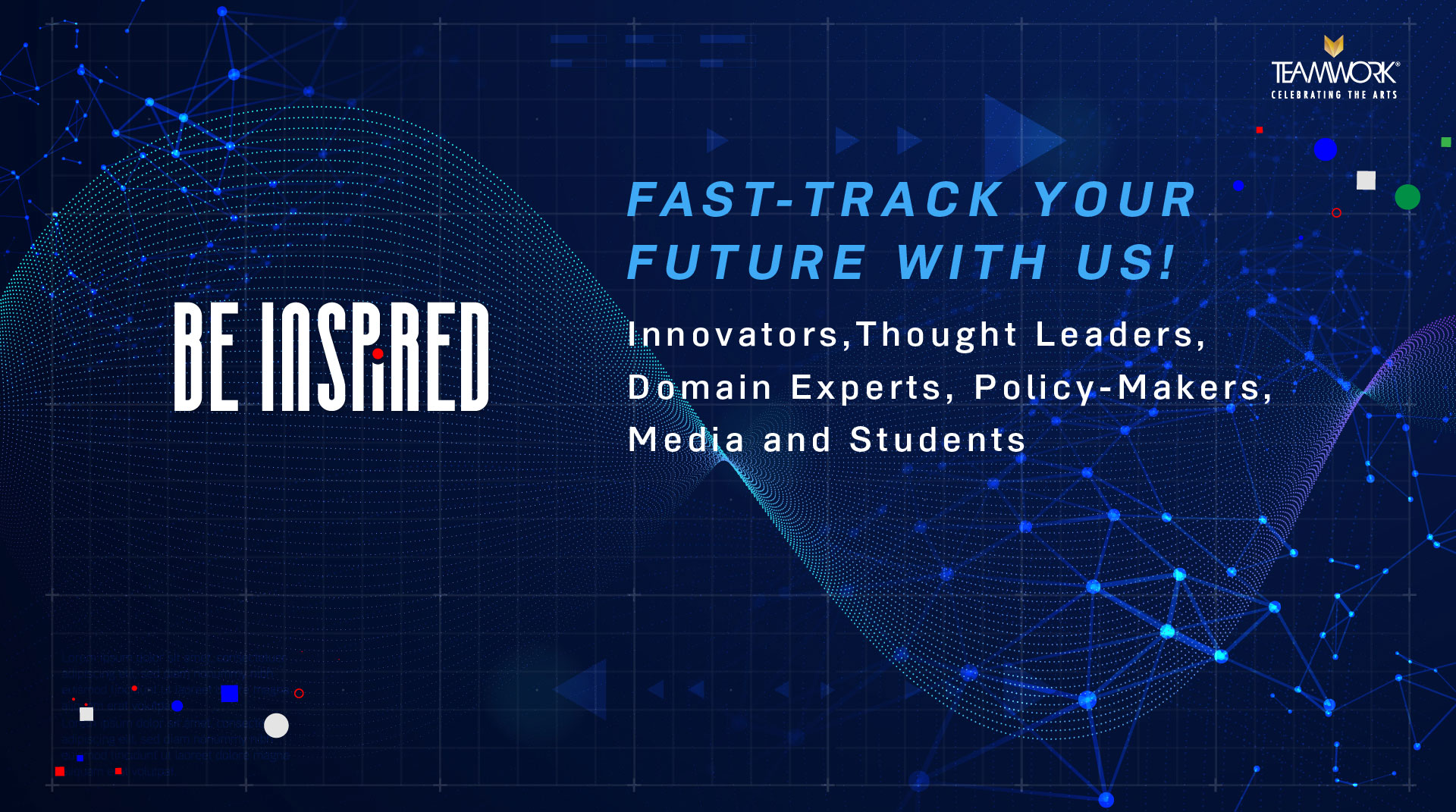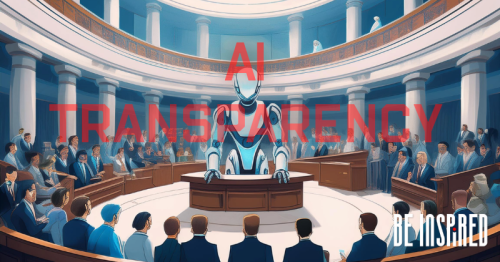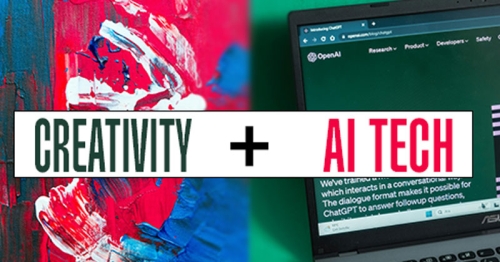Imagine jumping into a car without seat belts, brakes or even a rearview mirror… Sounds crazy, right? That’s kind of where we are with AI. This tech is speeding ahead. From AI-powered Zoom features summarizing meetings to GPS systems guiding us with precision and ChatGPT helping students write reports faster than you can say "deadline”, AI is becoming just as common as free Wi-Fi. But here’s the thing: where are the limitations? Who’s in the driver’s seat making sure AI doesn’t crash into us?
The rapid growth of AI comes with real dangers. AI-powered algorithms are already being manipulated to spread disinformation, amplify hate speech, and influence political movements. During conflicts, such as the ongoing Israel-Palestine crisis, automated bots and AI-driven accounts have been found spreading propaganda and escalating tensions. In a 2021 report, researchers found that over 70% of content flagged for inciting violence online was spread via automated systems, many driven by AI algorithms.
Cybercriminals are leveraging AI to conduct phishing attacks, spread malware and create deepfakes. The anonymity of cyberspace makes it difficult to track the origins of these attacks. For example, AI-generated deepfake videos can now mimic real people with uncanny accuracy, leading to misinformation that can be nearly impossible to trace back to its source. This anonymity was highlighted in a report by Norton in 2023, where AI-assisted cybercrime accounted for over $3 billion in damages worldwide.
Governments are trying to catch up, but the challenge is enormous. The European Union’s AI Act is new legislation that sets safety, transparency and accountability standards for AI systems. The goal is to ensure that AI technologies are properly regulated before they reach the public. In the U.S., the Blueprint for an AI Bill of Rights is currently being drafted to safeguard citizens from AI-driven abuses, such as privacy invasion and algorithmic discrimination. According to the White House Office of Science and Technology Policy, this framework will include protections against AI systems making decisions that affect individuals' access to resources like loans or healthcare.
Tech companies also understand the need for transparency and ethics in AI development. Microsoft, with its AI Copilot tool, embedded in products like Word and Excel, has proposed ethical guidelines to ensure its AI systems operate fairly and safely. Their internal Responsible AI Standard outlines a commitment to developing AI that respects privacy, promotes fairness, and avoids amplifying biases. However, as companies like Microsoft push for these internal standards, experts argue that a unified, enforceable global framework is necessary to truly regulate AI and prevent misuse across borders.
The question remains: can governments and tech companies work fast enough to ensure AI develops safely and ethically? What do you think?







